My religion is based on truth and non-violence. Truth is my God. Non-violence is the means of realising him
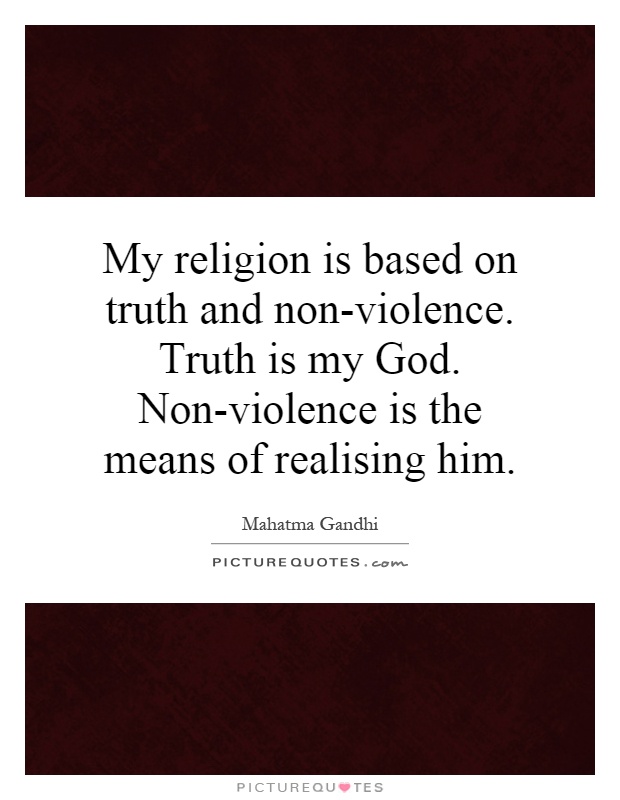
My religion is based on truth and non-violence. Truth is my God. Non-violence is the means of realising him
Mahatma Gandhi, also known as the Father of the Nation in India, was a prominent leader in the Indian independence movement against British rule. He was a firm believer in the principles of truth and non-violence, which he considered to be the foundation of his religion. Gandhi's philosophy was deeply rooted in his belief that truth is the ultimate reality and that non-violence is the most effective means of realizing it.Gandhi's religion was not based on any traditional dogma or rituals, but rather on the fundamental principles of truth and non-violence. He believed that truth is the ultimate reality, and that by adhering to it, one can achieve spiritual enlightenment and liberation. For Gandhi, truth was not just a concept, but a living force that guided his actions and decisions. He famously said, "Truth is God and God is truth."
Non-violence, or ahimsa, was another core principle of Gandhi's philosophy. He believed that violence only begets more violence, and that the only way to truly overcome oppression and injustice is through non-violent resistance. Gandhi's non-violent methods, such as civil disobedience and passive resistance, were instrumental in the success of the Indian independence movement.
Gandhi's commitment to truth and non-violence was unwavering, even in the face of immense challenges and adversity. He was willing to endure personal suffering and sacrifice for the greater good, and he inspired millions of people around the world to follow his example. Gandhi's legacy continues to inspire activists and leaders to this day, and his teachings on truth and non-violence remain as relevant and powerful as ever.


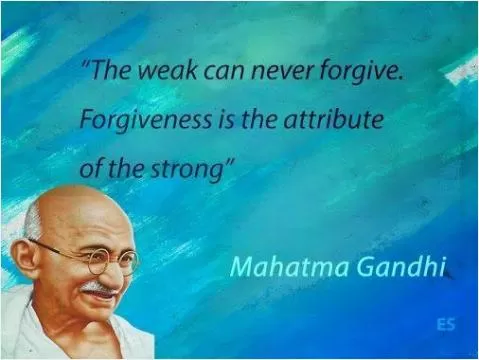

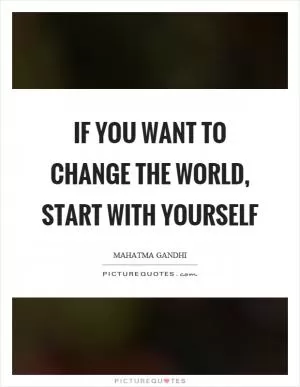
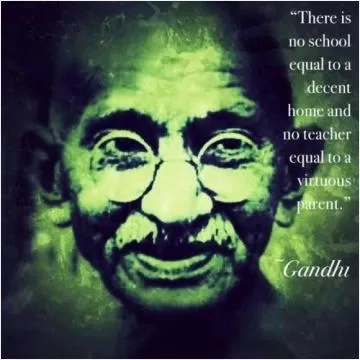


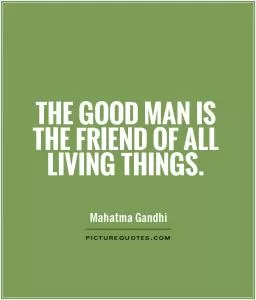
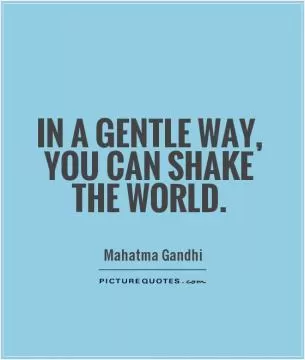
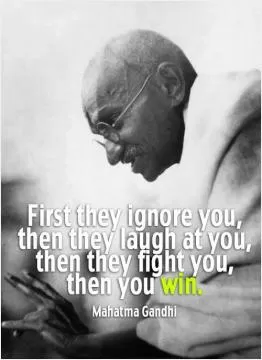

 Friendship Quotes
Friendship Quotes Love Quotes
Love Quotes Life Quotes
Life Quotes Funny Quotes
Funny Quotes Motivational Quotes
Motivational Quotes Inspirational Quotes
Inspirational Quotes